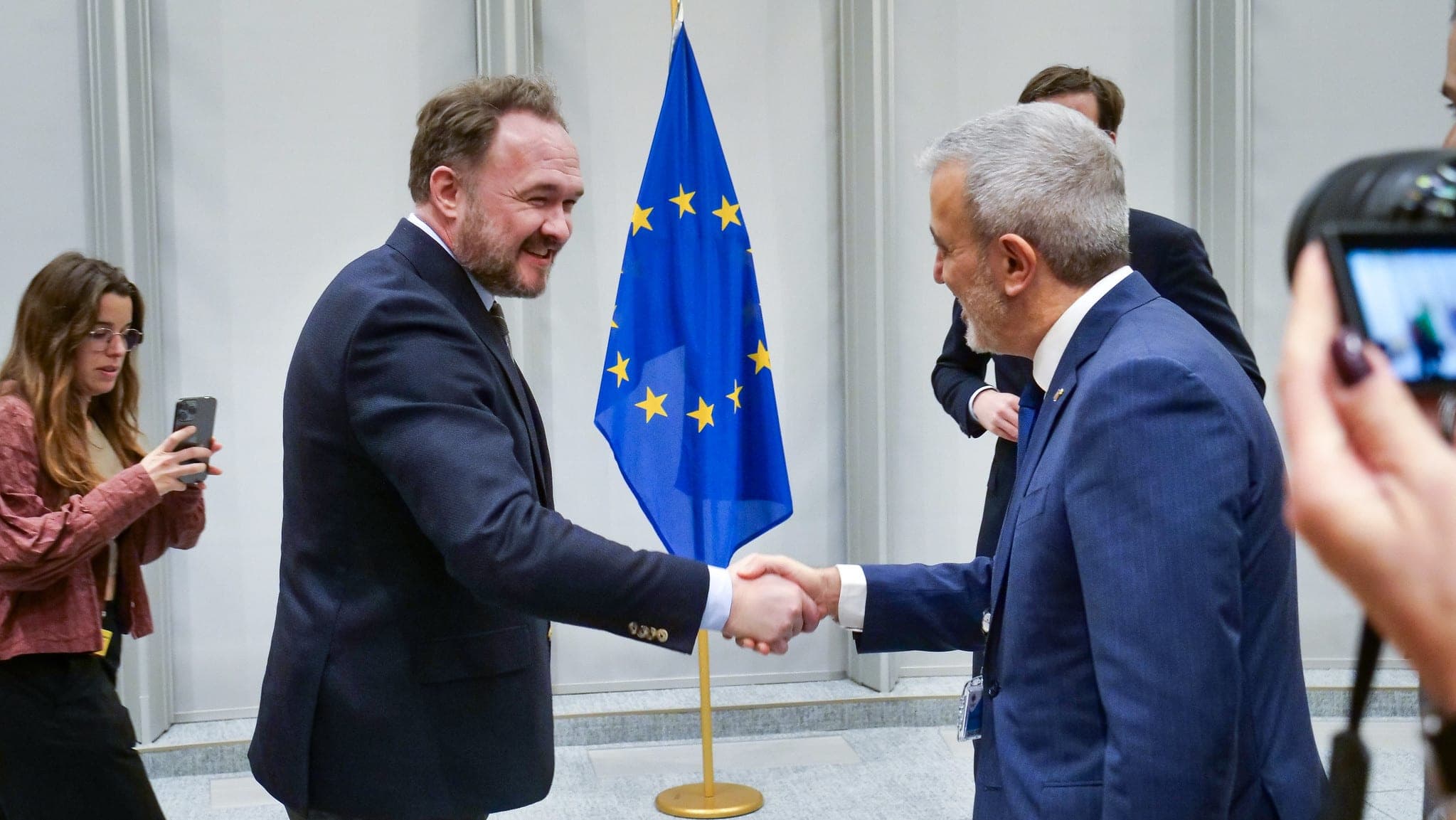AI-Generated Summary
European mayors are increasingly alarmed by the escalating housing crisis, as highlighted in a recent survey conducted by Eurocities, an organization that connects over 200 European cities. The survey, authored by Andrew Kennedy, reveals the urgent need for EU intervention in addressing rising social inequalities and the demand for affordable housing across Europe.
Housing Crisis Highlights
The Eurocities Pulse Mayors Survey 2025 gathered insights from 86 mayors from 26 European countries. For the third consecutive year, climate action remains the primary concern, but access to affordable housing has surged to second place, reflecting a growing urgency. Only 14% of mayors reported that housing remains affordable in their cities, while 39% indicated that housing is already unaffordable and 47% deemed it at serious risk. The survey identifies rising demand, increasing construction costs, and limited land availability as key factors driving this crisis.
Call for EU Action
Mathias De Clercq, President of Eurocities and Mayor of Ghent, emphasized the need for a European Affordable Housing Plan, supported by a dedicated fast-tracked EU housing fund. He urged collaboration with city leaders to develop innovative building solutions and public-private partnerships to address the pressing need for affordable housing.
Mayors' Priorities for 2025
The survey outlines the top priorities for mayors in 2025: 63% focus on climate action, despite reduced support at both EU and national levels. Additionally, 34% emphasize the need for access to affordable and social housing, while 33% focus on social inclusion and equity. Urban planning and infrastructure also remain important, with 30% of mayors prioritizing these areas.
Economic Outlook and Budget Pressures
While 64% of mayors are optimistic about their city's economic outlook, only 31% express confidence in their country's economy. A third of mayors report ongoing budget pressures due to high inflation and global instability, notably from the war in Ukraine. These pressures have compelled many to reduce investments in housing, infrastructure, and climate action.
Access to EU Funding
As the EU prepares its next long-term budget and policy agenda for cities, mayors are advocating for more direct access to EU funding. The survey indicates that EU funding is the most challenging to access, with only 33% of mayors finding it easy, compared to 44% for national funding and 55% for regional funding. André Sobczak, Secretary General of Eurocities, stressed the necessity for city governments to have direct EU funding and a meaningful role in policymaking.
Commitment to Democratic Values
In a politically uncertain environment, mayors reaffirm their commitment to democratic values. Over 70% remain optimistic about the EU's future, despite lower trust in national governments. Many mayors expressed concern about the centralization trend in Europe and its implications for democracy, with only one in four indicating their city has high fiscal autonomy.
Sustainable Transport Initiatives
The survey also highlights sustainable transport as a key priority, with mayors working to enhance networks and improve connectivity. However, funding gaps and high costs pose significant barriers to these initiatives. Unexpected challenges faced by mayors in 2024 included budgetary pressures, bureaucratic hurdles, and geopolitical instability, primarily due to the ongoing conflict in Ukraine. The survey underscores the urgent need for collaborative solutions to address the housing crisis and promote sustainable urban development across Europe.
